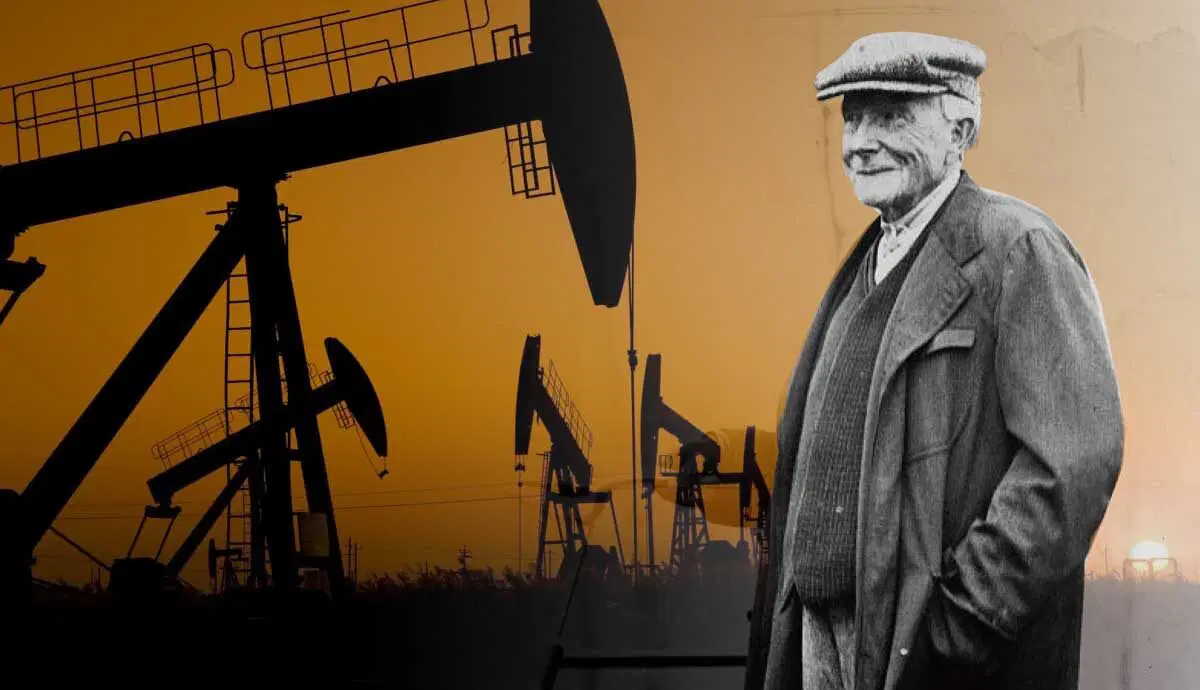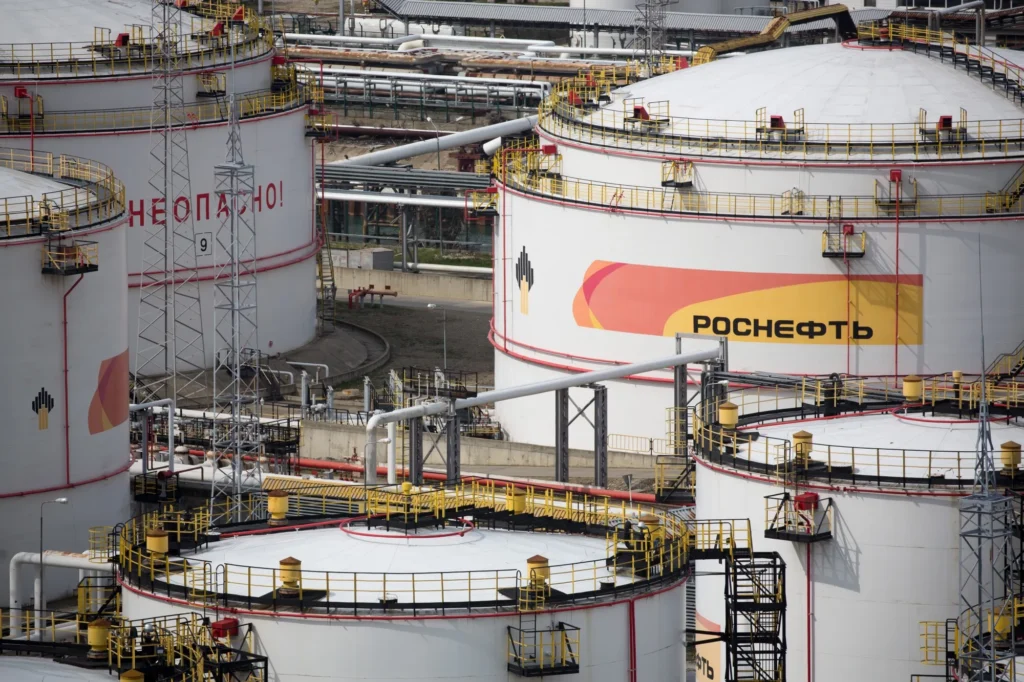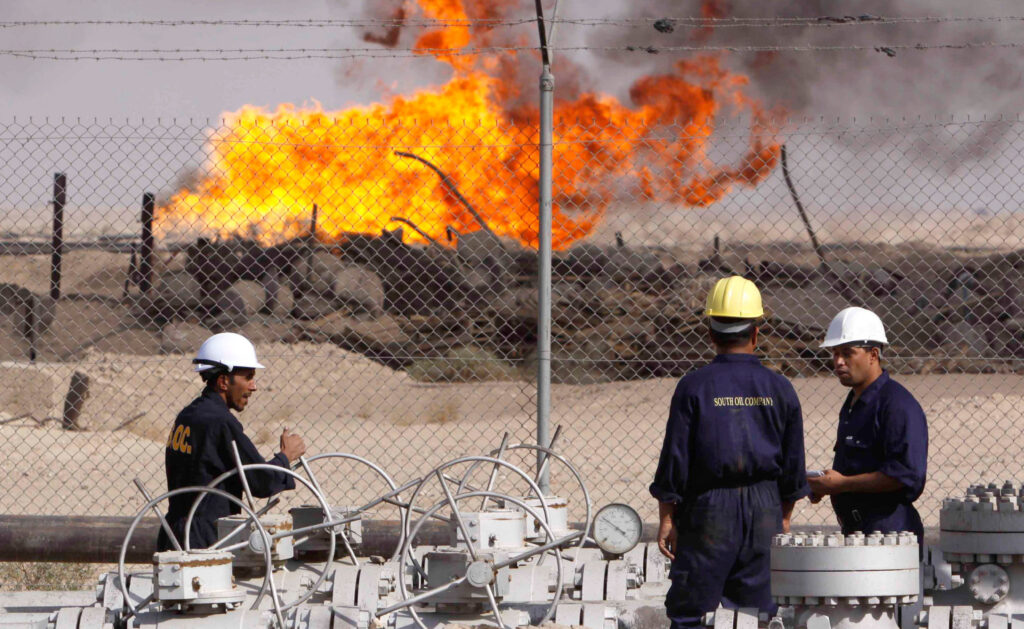The Power Players: 5 Oil Moguls Who Changed the World’s Energy Game

The global energy landscape has been shaped by a handful of powerful figures whose influence reshaped markets, fueled industrial growth, and shifted geopolitical dynamics. These five oil titans didn’t just strike oil — they struck history.
1. John D. Rockefeller – The Father of the Modern Oil Industry
As the founder of Standard Oil, Rockefeller built the first oil empire, pioneering large-scale production, pipeline infrastructure, and vertical integration. By the early 20th century, his control over the U.S. oil supply set the stage for America’s energy dominance and antitrust reforms.
2. Sheikh Ahmed Zaki Yamani – The Voice of OPEC
As Saudi Arabia’s oil minister from 1962 to 1986, Yamani helped transform OPEC into a force that could shake global economies. He was instrumental in the 1973 oil embargo, which quadrupled oil prices and demonstrated the geopolitical power of Middle Eastern producers.
3. T. Boone Pickens – The Corporate Raider Turned Energy Reformer
Pickens started with Mesa Petroleum and later used shareholder activism to force change in the industry. In his later years, he advocated for natural gas and wind power, pushing for an “energy-independent” America and influencing energy policy discourse.
4. Rex Tillerson – The Global Strategist at ExxonMobil
Tillerson led ExxonMobil through a period of massive international expansion, securing billion-dollar deals in Russia and the Middle East. His leadership emphasized geopolitical diplomacy, complex deal-making, and a commitment to energy megaprojects.
5. Mukesh Ambani – Driving Asia’s Energy-Driven Growth
Chairman of Reliance Industries, Ambani built one of the world’s largest refineries in Jamnagar, India, revolutionizing refining capacity in Asia. He transformed Reliance from a textiles firm into a petrochemical and energy giant, enabling India’s leap in industrialization.
Conclusion:
These oil magnates didn’t just drill—they disrupted. Whether through corporate dominance, political strategy, or infrastructure innovation, each left a legacy that continues to fuel debates over energy, power, and the future of the planet.




















